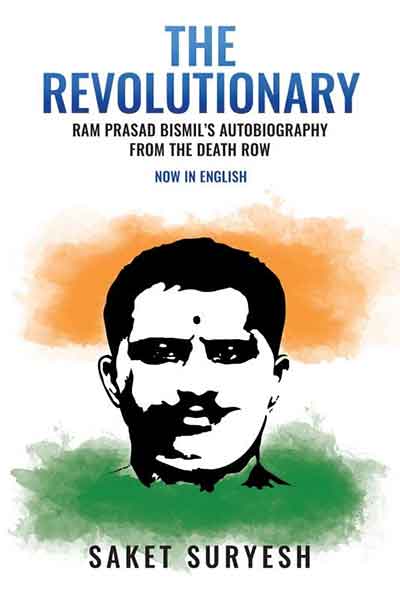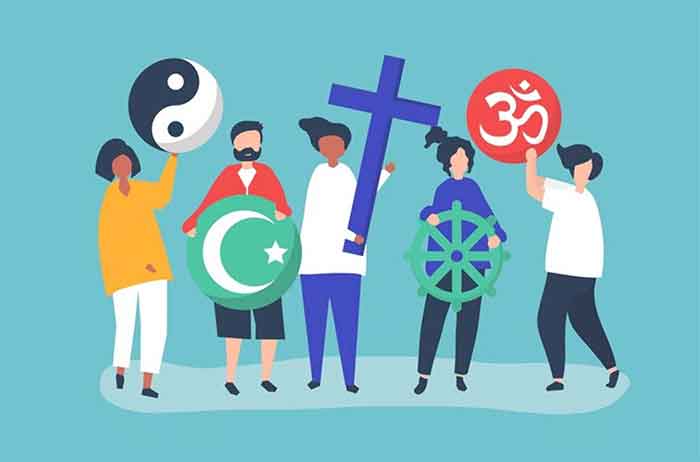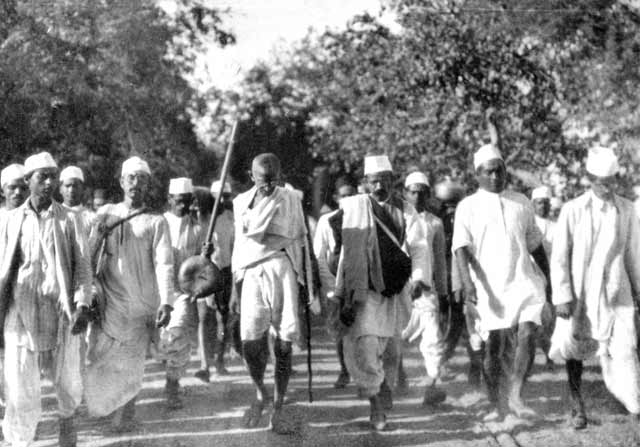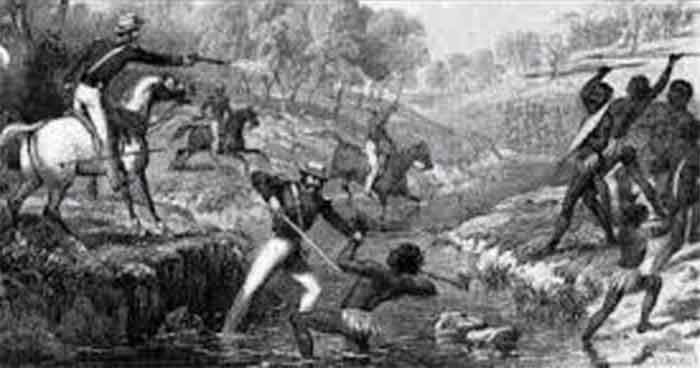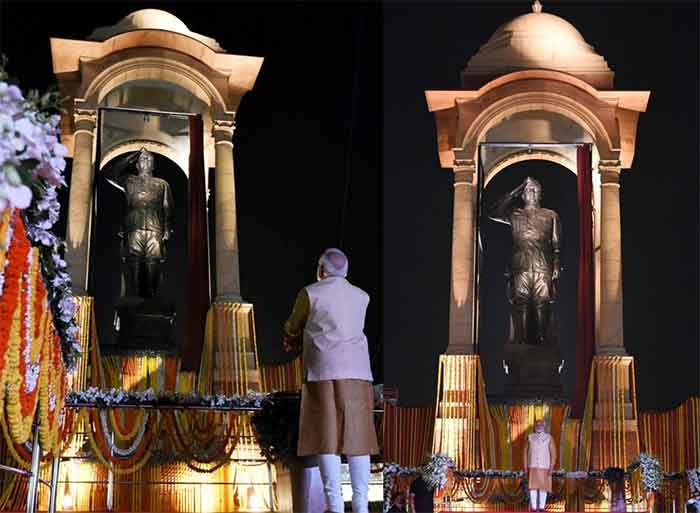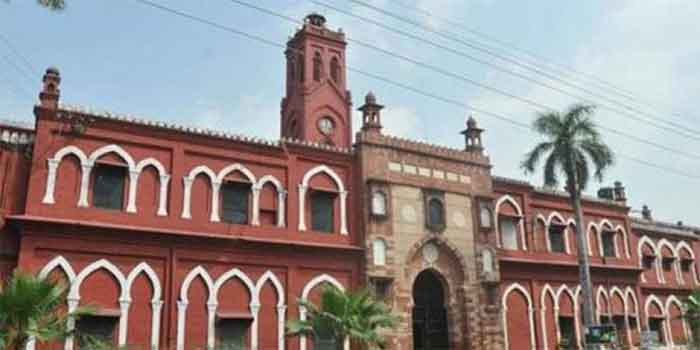
The freedom movement of India is one of the most inspiring phases of history. In this phase a very large number of people of India lived up to the highest ideals of humanity, willingly and often happily accepting the greatest hardships and making the biggest sacrifices for the sake of justice and freedom, undergoing huge sufferings to provide a better future for others. Many of the noblest freedom fighters are not even known today, many of them from poorer families did not get proper recognition even in those days.
As there are so many freedom fighters with very inspiring life and contributions, it is very difficult to select just a few for special mention. Nevertheless, as someone who studied the life of several freedom fighters and wrote biographies and booklets/books on them, I am taking the liberty of presenting the contributions of six freedom fighters from whom one can learn so much in present times, despite the limitations of such an exercise.
First of all, we have Shahid Bhagat Singh. As a young revolutionary he was sentenced to death by the colonial government at the age of only 23 years, ignoring the very strong sentiments of millions of people to commute the highly unjust death sentence. It is very difficult to come across other examples of a life which forever ( from early teens almost) remained so completely and deeply committed to the cause of securing justice, liberty and equality. At such a tender age he insisted on facing the most difficult questions and not hesitating to make those choices among several options which were likely to bring the highest risks and hardships for him. All the time, despite being surrounded by many risks, he kept studying a very vast range of literature to seek answers to the many questions which were important to him and his cause, and it was this relentless study, discussion and thinking, and the completely honest drawing of conclusions from them, which led him at a very young age to mature very quickly and to emerge in a strong leadership role. This combined with his deep commitment to make any sacrifice for justice and freedom at a very young age fetched him the enduring love and respect of tens of millions of people and to take his comrades on a path which had room for introspection and self-correction despite being secretive.
Secondly, we have the invaluable contributions of Mahatma Gandhi. He was a man of many-sided contributions, but perhaps his most enduring and valuable contribution was the lifelong commitment to the importance of non-violence in all walks of life , including non-violent resistance to injustice. In addition he was able to think over and above the capitalism-communism debates to bring out neglected aspects of enduring importance—the strong links between economics and ethics, the strong links between meeting the needs of all and environment protection, the need to protect local economies while promoting global fraternity at another level. He was one of the strongest and most sincere advocates for inter-faith harmony, and for understanding truly the importance of unity and diversity. If the world is to move towards justice without violence and for meeting the needs of all without environment destruction, we can learn much from Mahatma Gandhi.
Thirdly, we have one of the greatest human beings and leaders in the form of Badshah Khan, truly the king of hearts. If India had remained undivided, he could have perhaps emerged as the most unifying and inspiring leader. He could have led on the basis of his strong ethical appeal alone ( of course with the cooperation of other very capable leaders like Jawaharlal Nehru). Instead he merely moved over from serving tortuous jails sentences in colonial India to serving almost equally cruel and unjust jail sentences in Pakistan. Yet at the end of it all he was still not a bitter man, as he was above all a man of peace, who realized that peace without justice is the biggest need, and so all his life he sought to struggle for peace with justice , or tried to obtain justice at many levels using peaceful means, as a khudai khidmatgar, or one who serves God by serving his or her creations in the form of distressed humanity. Given favorable conditions, no one had greater capacity than him to bring peace based on justice and equality to the troubled region of South Asia . Given the actual very adverse conditions, he still contributed a lot and left an enduring legacy of justice and peace.
Ganesh Shankar Vidyarthi was one of the most interesting, inspiring and important personalities of the freedom movement, as he had almost equal respect and trust of the mainstream Congress movement and the revolutionaries led by Bhagat Singh and Azad. In the history of Indian journalism, he will be remembered as an editor who made an invaluable contribution to the freedom movement , and other important issues and struggles of those times. He died at a young age of 40, so it is a miracle of sorts how he contributed so much to both streams of freedom movement, to journalism, social reform and to numerous other important causes, all the time serving jail sentences as well, fighting defamation and other court cases. There is so much to learn from someone who could achieve all this in such a short time in such adverse conditions. His commitment to communal harmony was legendary, and in fact he sacrificed his life trying to rescue people trapped in communal violence in Kanpur.
Sridev Suman is another freedom fighter who died at a very young age (29 years), while serving a jail sentence in the kingdom of Tehri where he was subjected to a lot of torture. Entering youth as a poet and scholar who wanted to get involved in as many good causes as possible, he attracted the attention of senior leaders like Jawaharlal who were trying to help resistance movements in various kingdoms. Suman soon emerged a leading representative of such struggles in the Himalayan region but continued to lead a very simple life, going from village to village to spread the message of khadi and freedom, preparing a new generation of activists ( including 13 year old Sunderlal Bahuguna who later emerged as one of the most inspiring environment warriors of post-independence India ( Chipko movement and Anti Tehri Dam movement ). After Suman was arrested the options of a comfortable release ( if he compromised) or endless tortures ( if he refused to bend) were placed before him. He chose the later option. The abiding picture of him is of an extremely gentle and idealist youth, the kind of person who won’t hurt an ant, undergoing torture day in and out in a desolate prison till he died.
Last but certainly not the least, there is Subhadra Kumari Chauhan, known more widely as a great Hindi poet but who was also a great freedom fighter. In addition she wrote unconventional short stories, was committed to many-sided social reform and was available for a hundred small tasks to her neighbors and friends. The great thing was that all the things that could keep women away from a wider social commitments were applicable in her case—a large family that involved several responsibilities, unhelpful and threatening in-laws, serious personal and family health problems. Yet she overcame all these to emerge as a very accomplished writer and poet as well as a freedom fighter who served jail sentences and became very popular among people, particularly weaker sections. In the middle of all this she could be a very affectionate and devoted mother and the poems she wrote for children are still very popular. Perhaps her most difficult time was when her husband as a freedom fighter was already in jail and then she also had to go to jail with her youngest (and disabled) child. She rushed with her manuscript to a publisher, somehow got a small payment to manage the expenses of her children, then requested neighbors to look after children ( in a household now headed by a teenage daughter), then took the youngest child in her lap and told policemen she was now ready to go to jail!
Bharat Dogra is a journalist and author. His recent books include ( as co-author) When the Two Streams ( of freedom movement ) Met and ( in Hindi ) Azadi ke deewanon ki daastaan.
GET COUNTERCURRENTS DAILY NEWSLETTER STRAIGHT TO YOUR INBOX

